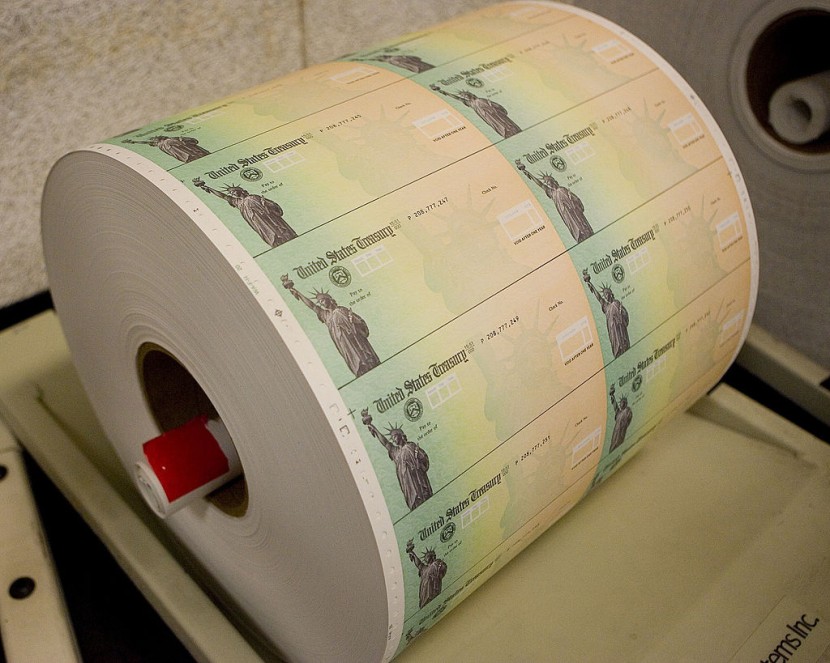
The US economy is on the path to growing at its fastest pace in almost four decades this year. The growth is because of increased vaccination rates and unprecedented levels of government stimulus.
The US gross domestic product (GDP), the broadest measure of goods and services manufactured by a nation, is expected to rise to 6.9% in 2021. If true, this figure represents the fastest increase since 1984.
The predicted economic gains in the US are based on a report released by the Organization of Economic Cooperation and Development (OECD) last Monday. According to its website, the OECD is a Pasig-based organization made up of experts from 38 nations that aim to build better economic policies for improved lives.
The US GDP
The GDP is often an indicator of a country's economic health. In 2020, the GDP in the US contracted at a 3.5 percent annualized rate.
This shrinkage was due to business closures and curfews placed at the onset of the COVID-19 pandemic. The economy was at a near standstill to slow the prevalence of COVID-19. The virus has infected over 33 million Americans and recorded more than 594,000 fatalities.
The OECD's new US prediction is an upgrade from March's prediction of 6.5% growth. This number is a further improvement from a December estimate of 3.2%.
The successive upgrades depict the impact of both President Joe Biden's $1.9 trillion stimulus bill and of the dissemination of vaccines, which are enabling states to reopen their economies, reported Business Insider.
The American Rescue Plan disseminated a $1,400 stimulus check to American adults, allocated $350 billion to state and local governments, and expanded unemployment benefits by $300 per week.
The group also forecast the global economy to grow 5.8% in 2021.
However, the OECD cautioned the recovery would be uneven. In several OECD nations, living standards are slated to remain well below pre-crisis levels, even by the end of 2022.
Read Also : Gas Prices to Increase on Memorial Day, Dubbed Highest in 7 Years as Potential Supply Shortage of Gas Looms
According to Laurence Boone, chief OECD economist, the surge in inoculations will correlate to higher confidence in the economy while protecting susceptible populations from new or varied strains of the novel coronavirus.
Boone stated in the Daily Mail, "it is very disturbing that not enough vaccines are reaching emerging and low-income economies. This is exposing these economies to a fundamental threat because they have less policy capacity to support activity than advanced economies."
Over half of the US population has now received at least one shot of the vaccine.
The authors of the OECD report noted that the recovery has picked up speed. Indicators of consumption activity have increased. The gradual relaxation of containment measures during the pandemic is already starting to boost spending and household income growth.
However, the likelihood of a renewed coronavirus threat could cause increases in "acute poverty" and the likelihood of "sovereign funding issues" as far as financial markets are concerned.
Boone adds, "more broadly, as long as the vast majority of the global population is not vaccinated, all of us remain vulnerable to the emergence of new variants."
Confidence could be severely eroded by more lockdowns and a stop-and-go of economic activities, reports Fox Business.








